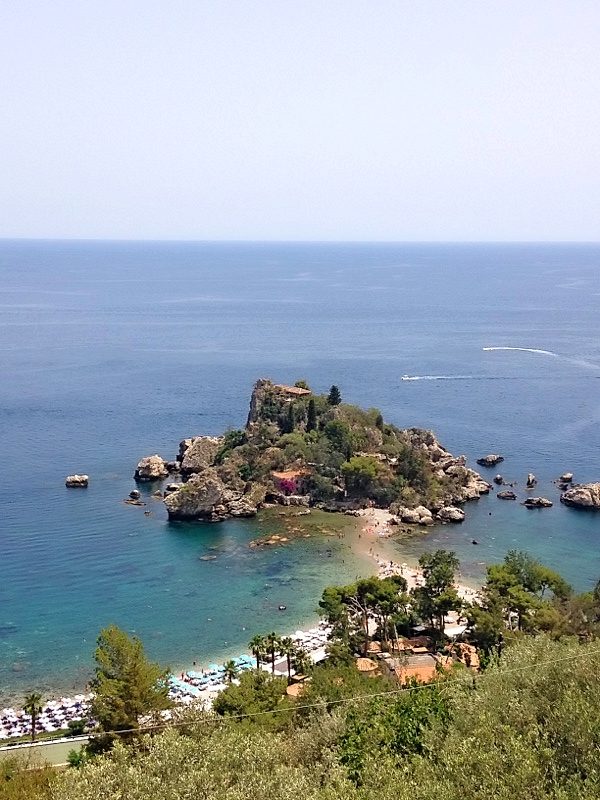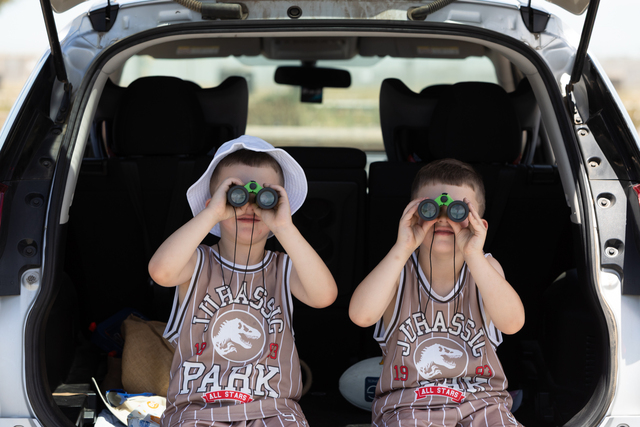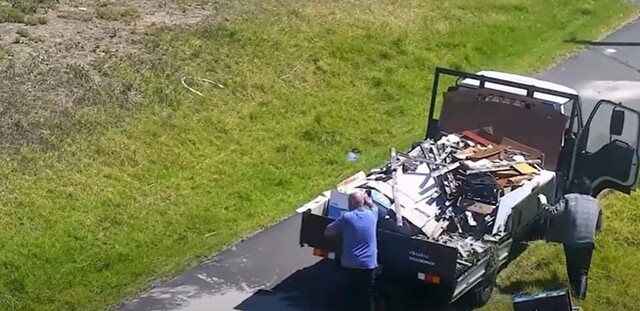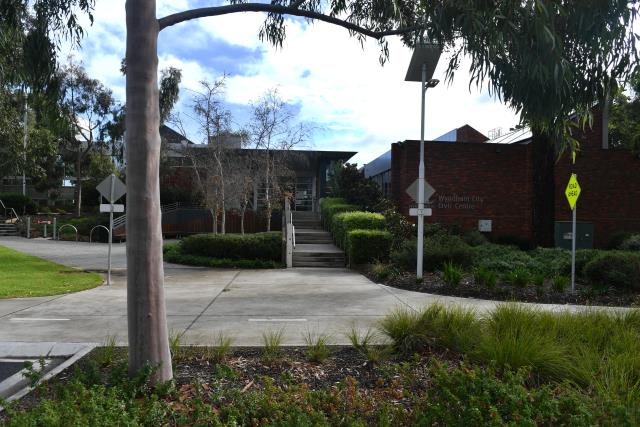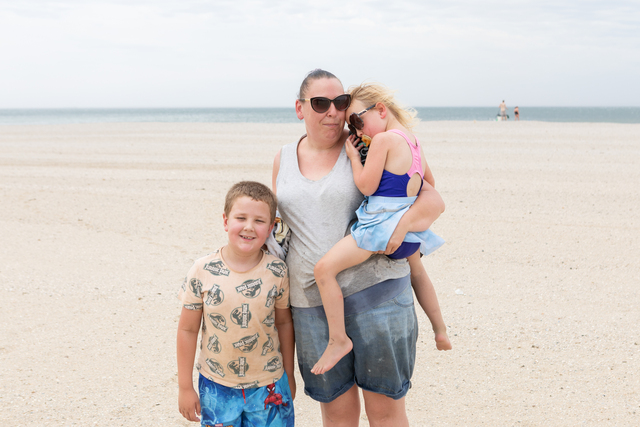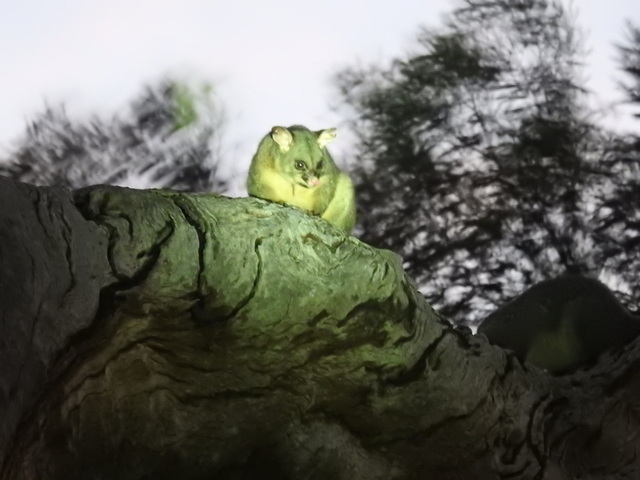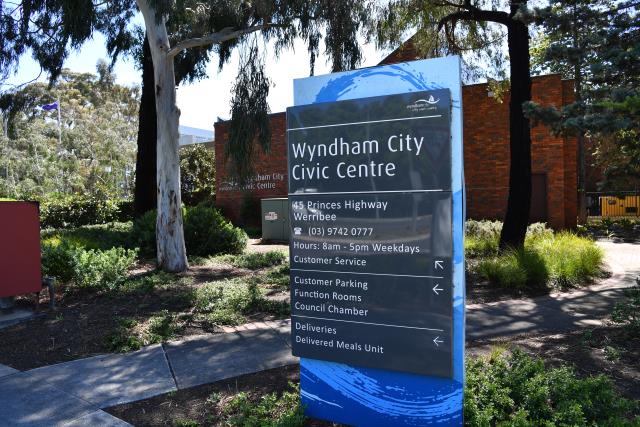Wild bougainvillea lines the railing of the Autostrada A18 that transports motorists from Catania to Taormina on the north-eastern coast of Sicily.
In the height of summer it’s a picturesque drive usually done under vivid blue skies and a searing sun. The heat here is almost arid and inescapable. But in a zippy little hire car – perhaps a Fiat 500 or a Mini Cooper S if you’re trying to channel Steve Coogan and Rob Brydon’s The Trip to Italy – with the air- conditioning turned up, it’s a drive that etches itself into the memory bank for all the right reasons.
The last leg of the hour-long trip hugs the coastline as the road climbs this rocky promontory about 250 metres above sea level to where an ancient citadel is perched.
Somewhat allegorically, the city opens up in those last few twists and turns. The main thoroughfare, Corso Umberto I, is for pedestrians only and has become infamous for glamorous Italians’ “passeggiata” – their ritual pre-dinner stroll that doubles as the social event of the day.
A stone archway is the official entrance to the city, which is riddled with snaking narrow streets and passageways, medieval churches, sepulchres, hidden gardens and ancient Roman ruins.
Once you’ve visited this enchanting place, its easy to see why it was favoured by the likes of Oscar Wilde, Nicholas I of Russia, Johann Wolfgang von Goethe, Nietzsche, Richard Wagner, D. H. Lawrence and Truman Capote no less. The days can be spent wandering through the old city, which was inhabited at various times by the Romans, Arabs, Normans, Spanish and French Bourbon Dynasty, or reading a good book at Isola Bella, a charming pebble beach connected to the mainland by a thin strip of sand.
The island was privately owned until insolvency issues saw it fall into public hands in 1990. A cable car offers an ideal form of transport for people wanting to circumvent some 300 steps that lead beach goers to and from the town.
Natural and man-made beauty vie for attention like few other seaside cities in Taormina. Many tourists come just to attend an opera or concert in the Teatro Greco, the city’s ancient Greek theatre built in the third century BC. It was later enlarged by the Romans and takes in views of an often-smoking Mount Etna, the tallest active volcano on the European continent.
Hotels are plentiful in the town and cater to all budgets, but booking accommodation can’t be left to the last minute for those intending to stay during the European summer (peak high season is August).

